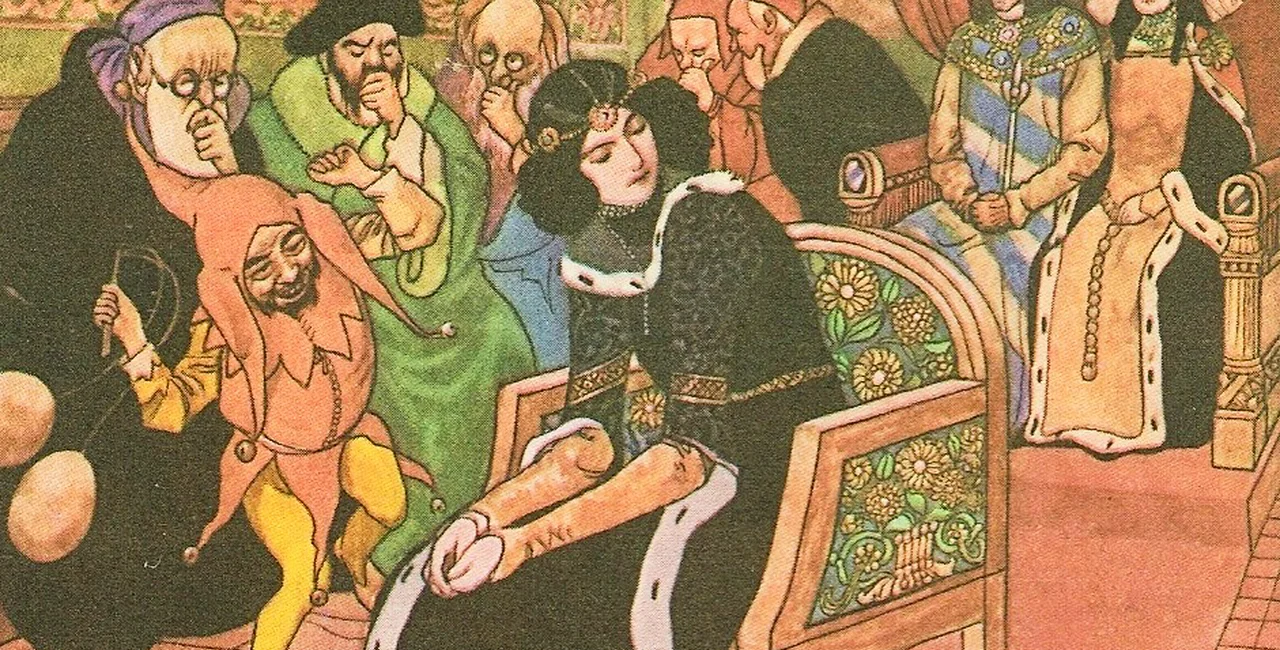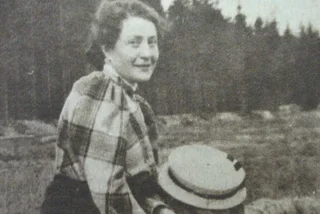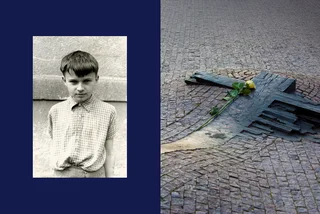Czech writer Karel Jaromír Erben was born 211 years ago on Nov. 7, 1811. Best known for collections of folklore, he was also a significant figure in the Czech National Revival movement pushing for the modernization of the Czech language.
Born in the small town of Miletín in the Hradec Králové region, Erben went to Prague to study. There he met poet Karel Hynek Mácha and later became close to historian František Palacký, one of the key drivers of the revival movement.
For his folklore collections, Erben took his cues from the Brothers Grimm, who had collected tales in German. Erben sought out Czech tales from oral sources and compiled them as long ballad poems.
A work that made folk tales popular
His only original work is “Kytice z pověstí národních” (Bouquet of National Folktales), which has 13 poems inspired by folklore. This effort has been loved and hated by generations of Czech schoolchildren who were required to memorize them as part of the Czech curriculum ever since. A new English translation of “Kytice” was published in 2012 by Twisted Spoon Press as “Bouquet of Czech Folktales.”
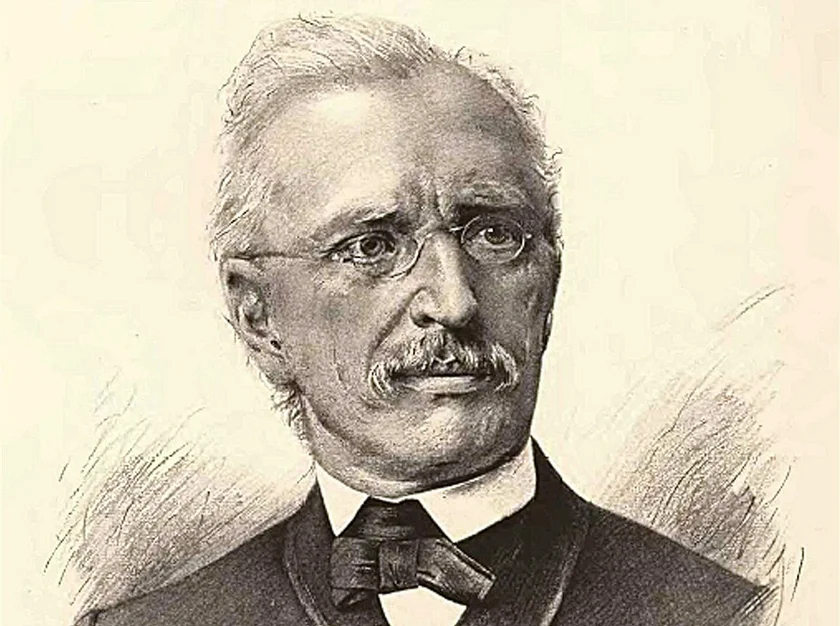
His other efforts include a five-volume compilation of folk songs and nursery rhymes, a collection of 500 folk songs, and even a collection of Croatian tales. Erben briefly dabbled in politics, which in 1848 took him to Croatia to both tell his fellow Slavs there about the nationalism movement in Bohemia and report back about the conditions there.
Major writings:
- Písně národní v Čechách (Folk Songs of Bohemia) 1842–45
- Kytice z pověstí národních (A Bouquet of Czech Folktales) (1853/61)
- Prostonárodní české písně a říkadla (Czech Folk Songs and Nursery Rhymes) 1864
- Sto prostonárodních pohádek a pověstí slovanských v nářečích původních (One Hundred Slavic Folk Tales and Legends in Original Dialects) 1865
- Vybrané báje a pověsti národní jiných větví slovanských (Selection of Folk Tales and Legends from Other Slavic Branches) 1869
People who found inspiration in Erben’s tales include composer Antonín Dvořák, who with poet Jaroslav Kvapil created the opera “Rusalka” based on fairytales from Erben and fellow Czech writer Božena Němcová. Dvořák also composed several symphonic poems based on Erben’s work.
From books to beloved Christmas movies
Adaptions of his works, which came out between the 1950s through the 1990s, are mainstays of Czech television stations over the Christmas holidays as part of the tradition of broadcasting fairytales.
More recently, a film called “Kytice” (Wild Flowers), which reunited seven of Erben's stories, came out in 2000 to a warm reception that included four Czech Lion Awards. The 2016 film “Polednice” (The Noonday Witch) was based on one story. Czech surrealist Jan Svankmajer also found inspiration in Erben’s tales for his 2000 film “Otesánek” (Greedy Guts).
Notable film adaptations:
- Polednice (The Noonday Witch) 2016
- Kytice (Wild Flowers) 2000
- Otesánek (Greedy Guts) 2000
- Nesmrtelná teta (The Immortal Aunt) 1993
- Tretí princ (The Third Prince) 1983
- Zlatovláska (Princess Goldilocks) 1973
- Tri zlaté vlasy deda Vseveda (Three Golden Hairs of Grandpa Know-All) 1963
- Obusku, z pytle ven! (Doggie and Three) 1956
Important contributions to Czech language, and a Prague guide
There is also a very academic side to his work. His research into early Czech-language documents is still considered essential to the field.
Another dry work he is credited with is an index to Prague streets and squares, which researchers use to this day. The index is useful as it not only compares the new and old house numbering systems and matches them to the house signs – those odd picture plaques above some doors – but also lists the owners of houses.
These rather dry efforts are no surprise, as his main occupation was historical studies. He became a member of the Royal Bohemian Society of Sciences and twice served as its director. He also served as secretary for the České muzeum, which later became the National Museum, and became the archivist for the City of Prague. He remained busy with side projects, such as founding scientific and legal magazines.
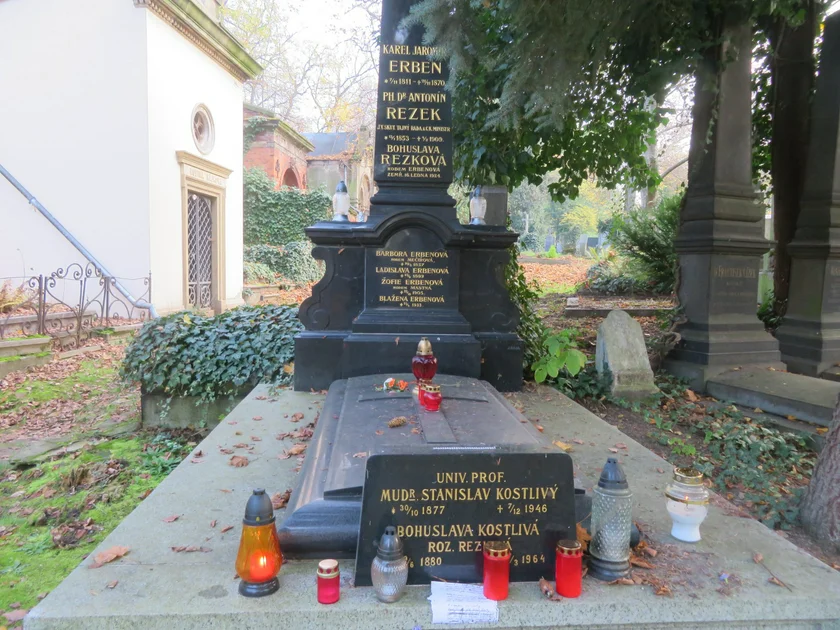
Erben was one of a pair of twins, though his brother Jan lived less than two months. Karel was also sickly as a child, which pushed him into academic pursuits rather than more active ones. He learned music as child and was able to pay his way through higher education by giving piano lessons. While his family had wanted him to be a teacher, due to a speech impediment he opted to study law and focus on more clerical work.
He died of tuberculosis in Prague on Nov. 21, 1870. A plaque with his name can be found on the side of the House At Three Pumpkins at Michalská 11 in Prague’s Old Town, where he lived the later part of his life. His grave, a black obelisk with gold lettering that he shares with several relatives including his son-in-law, political historian Antonín Rezek, is at Olšanské hřbitovy.












 Reading time: 4 minutes
Reading time: 4 minutes 